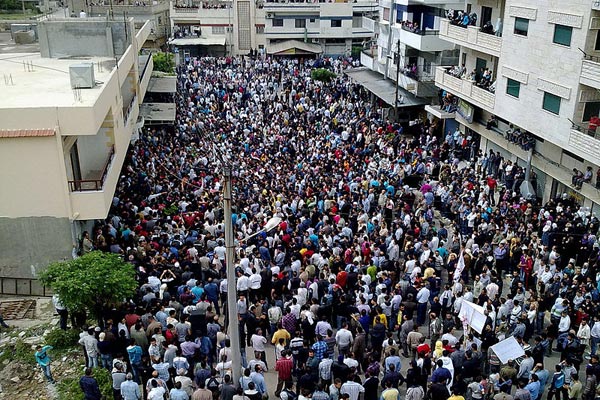Re: Bashar al-Assad, Syria and the Armenian people
But surely they would prefer the opposition over Assad. It was Sharon who wanted to invade Syria several years back. I'm not saying the new Syria would be allies with Israel, but probably better than Assad. In the end, I think that their desire to weaken Iran makes the ousting of Assad more favourable to them.
Originally posted by Armanen
View Post










Comment